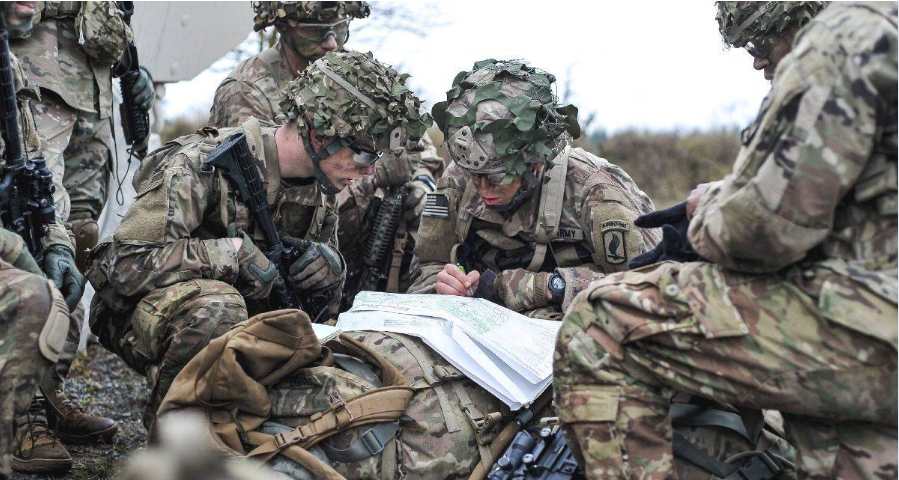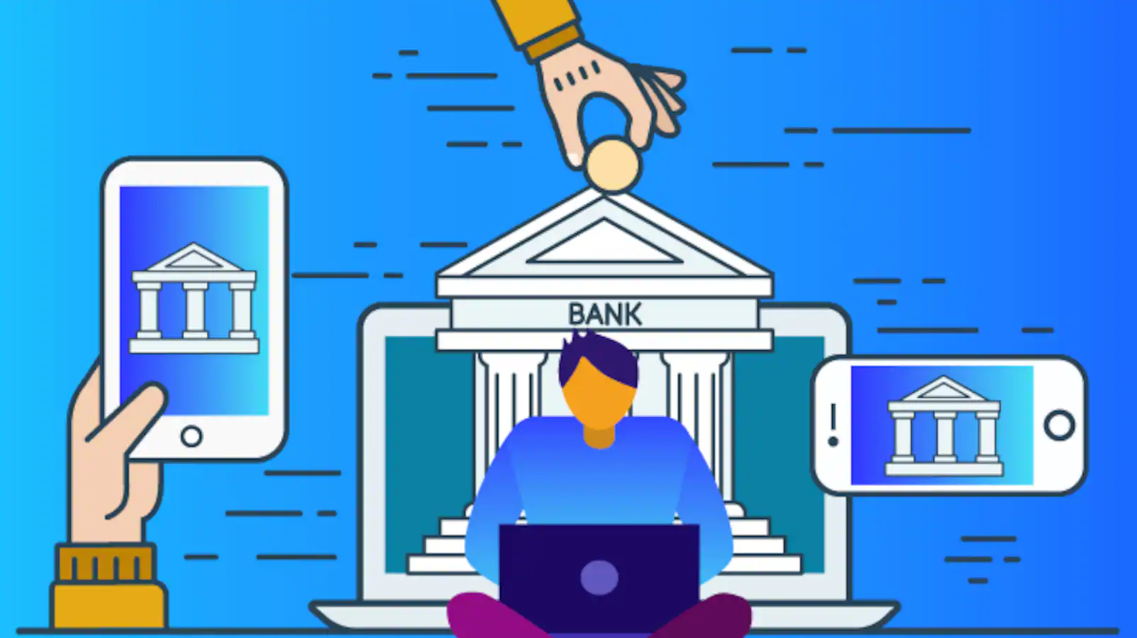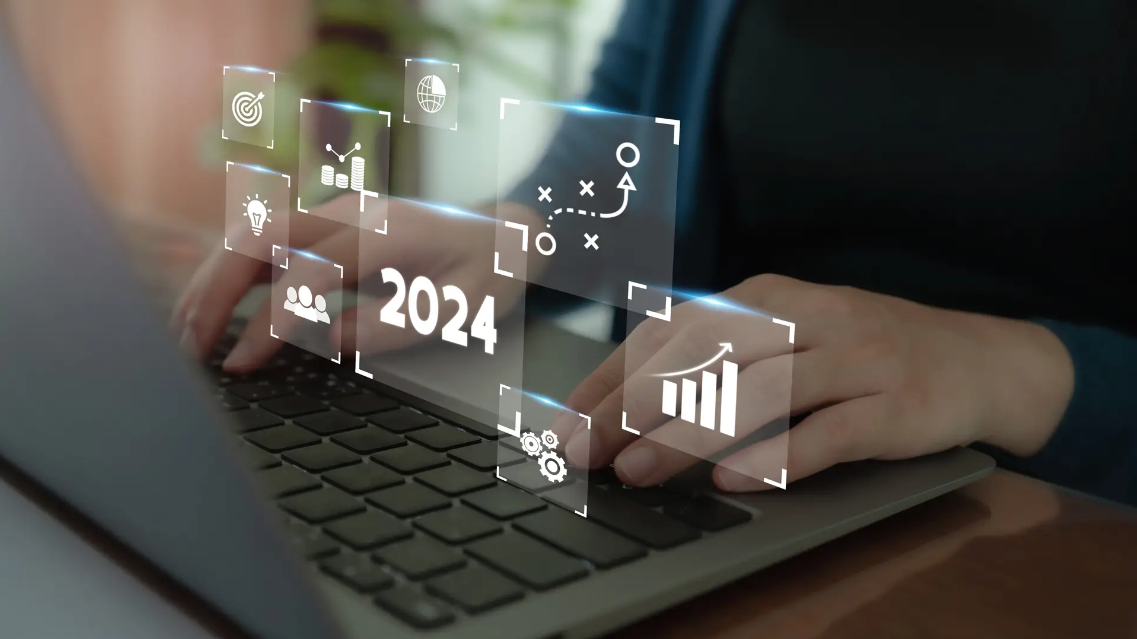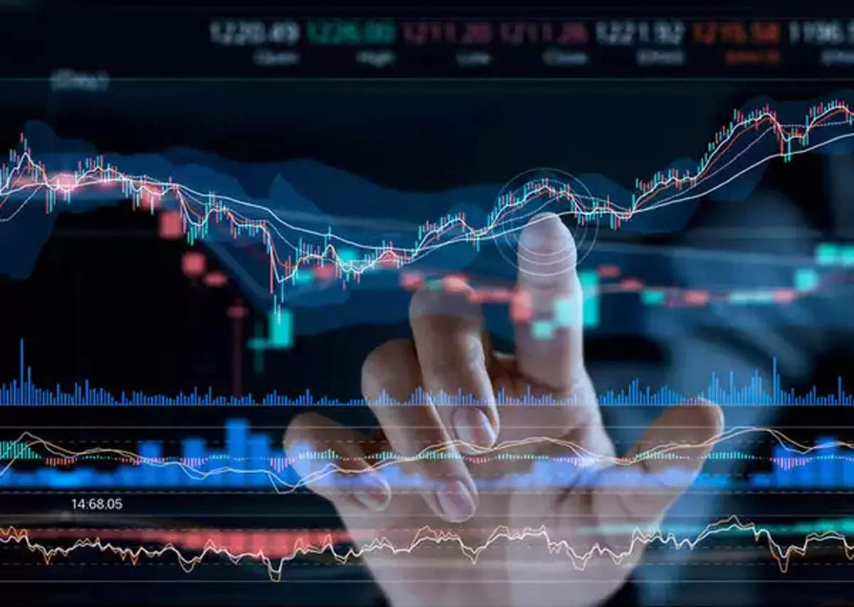Top Security Tips to Protect Your Online Banking Information
The presence of online banking has brought with it the convenience of life, but everyone has a responsibility for secure data and privacy. It is obligatory for people to take some simple steps to secure their online banking information and keep a safe distance from attacks. Here we will give you 5 important skills.
1. Use Super Strong and Unique Passwords Always
One of the simplest yet smartest moves you can make to secure financial information close at hand is using very strong and singular passwords. Instead of the kind of easily obtained information like your birthday you should have a password which consists of both upper and lower case letters, numbers and even special characters. One thing to emphasize is that seperate passowords should be applied for each online account so that if any accounts were breached super enormous loss wouldn’t be brought on by just that one condition for all accounts to fail its safety measures at once.
Try using a good password manager to create and store complex passwords. This will help you manage passwords in a secure manner and reduce the chance of using the same password across various sites.
2. Turn On MFA (Multi-Factor Authentication)
With multi-factor authentication (MFA) – it adds a layer of security to your bank account. MFA requires two or more pieces of identification in order to access your account. Typically, this means something you know (your password), something you have (ie mobile phone, or hardware token) and something you are (biometric data like fingerprints).
By turning on MFA, you greatly reduce the chances of unauthorised people gaining access to your account. Even if a cyber criminal get your password, they would still need these additional verification factors to log in and take over your account.
3. regularly reconcile your accounts
Carefully checking your bank statements and transaction history is vital if you are to spot a fraudulent gain the moment it occurs. Set up account alerts to keep you informed of any suspicious activity or unauthorized access. Many banks offer various alert options, from email to text messaging.
If discrepancies are found or suspicious transactions discovered, notify your bank straight away. Detecting a problem early reduces any further loss you may suffer and speeds up its resolution.
4. Being Mindful of Phishing Scams
Among cyber criminals, these scams of phishing are a favorite tactic. Crooks normally use solicited e-mails, text-messages or phone calls to gather personal or financial information. Real banks would never do this.
It is important to contact your bank through a trusted phone number or by going to the website directly, to confirm the source of communication with them. Do not click on links or open attachments from unknown or suspicious sources.
5. Ensure the Safety of Your Device
The security of your online banking information also depends on the security of your personal computer, smartphone, and tablet. Be sure they have up-to-date security software (including antivirus and firewall software). You should also stay up to date on updates for your operating systems and for applications, which will protect you against the latest threats.
Don’t go straight into your online banking accounts with public or shared Wi-Fi networks. If you need to use a public network, consider using a Virtual Private Network (VPN) in order to protect your Internet connection and to keep others from eavesdropping on what you are transmitting.
6. Always Log Out After a Transaction
Make sure to always log out of your online banking account when you finish a transaction. Some devices, such as your mobile phone or laptop computer, may leave your session open even if you close the browser window / app. Logging out makes sure no one can access your account should the device be left unattended or remain open unintentionally.
Safe websites protect your data. You should always check that the banking webpage appears secure, first; especially when you have just accessed it. Next, look for a line of characters beginning with?https“ up at the top of your browser window — this means there is encryption protection.This invisible channel safeguards the page data that is being sent from your computer to its servers.
If you see a lock symbol come up right in your browser window this means the page standard has worked and it’s? protected“, meaning nobody can change what you’re now reading… though hopefully they can be trusted with a reasonable amount more of information about why internet communications must never a region. In other words’, beside this confidentially possible modification techniques can only cover so much information making them of doubtful value, particularly over long periods.
Never visit your bank’s website or input personal information about your online bank account on a suspicious site. Don’t open any links from unidentified sources which direct to your online bank home page no matter how tempting they may look these are probably phishing messages sent with commercial intent. When online banking, always be sure that you are physically typing in the URL directly into your browser or using a bookmarked link leading to an official bank homepage.
Conclusion
It requires vigilance and a few defensive maneuvers to safeguard the online banking information. NetHelped use of strong, unique passwords will help a lot here; and having multi-factor authentication enabled does indeed make things much safer indeed (much,).
I prefer always to run my bank accounts without the benefit of this convenience feature. Or I would rather open three different browsers on each of which handle a limited number please so as an unauthorized person could at most detect something not right with where I have done my transactions From the safety perspective, a great deal of the credit for not breaking into your financial accounts is due to how carefully you keep up with technology issues and where phishing messages are concerned. Also, make certain to hang on to control over mobile devices and remember to log out after every session. Even the careful use of secure websites in online banking is a deterrent to unauthorized entry.Financial stability is a matter of discipline. Carefully observe these important recommendations for security!










